
The Global Fam DNA Working Group aims to pilot the use of DNA for a database dedicated to supporting immediate reunification of rescued Ukrainian children with their families and ongoing searches into the future.
About the Project
Thousands of Ukrainian children have disappeared into Russia due to the ongoing Russia-Ukraine conflict, launching the first global opportunity to proactively collect the DNA of living family members to expedite the reunification of rescued children with their families, or for eventual reunification for those families that might be separated for decades. In cooperation with international organizations, the Global FamDNA Working Group will pilot the use of DNA for a database dedicated to supporting immediate reunification and ongoing searches into the future, gathering qualitative data on the perspectives of families and other constituents, allies and experts during the pilot.
Group Members
Co-leads

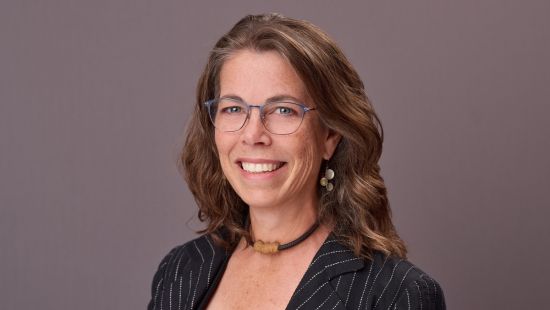
Sara Huston
Research Assistant Professor of Pediatrics at Northwestern University's Feinberg School of Medicine
Group Members
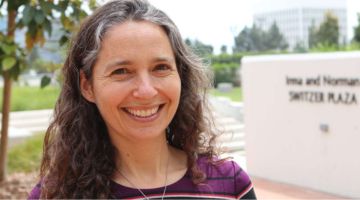
Elizabeth Barnert
Pediatrician and Associate Professor of Pediatrics at the University of California, Los Angeles (UCLA) David Geffen School of Medicine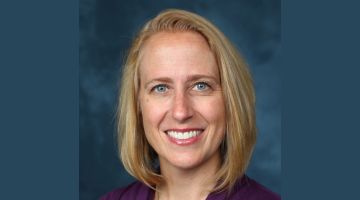
Rebecca Ford-Paz
Associate Professor of Psychiatry and Behavioral Sciences (Child Psychology) at the Northwestern Feinberg School of Medicine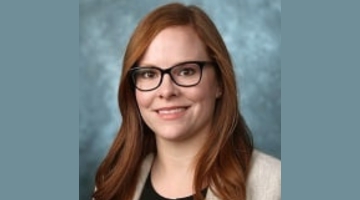
Marie E. Heffernan
Assistant Professor of Pediatrics at the Northwestern Feinberg School of Medicine
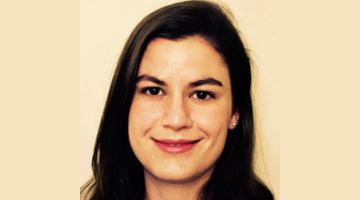
Diana Madden
Behavioral Research Coordinator at Lurie Children's Hospital
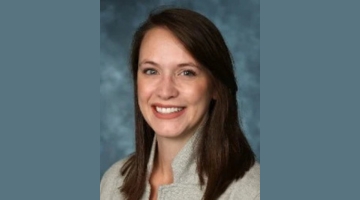
Lauren Potthoff
Pediatric Psychologist at Lurie Children's Hospital and Assistant Professor in Psychiatry and Behavioral Sciences at the Northwestern Feinberg School of Medicine
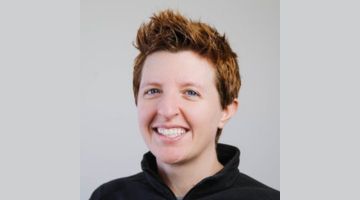
Jennifer K. Wagner
Assistant Professor of Law, Policy & Engineering and Anthropology at Penn State University
Latest Work and Developments
Engagement Activities
- In June 2024, group co-lead Sara Huston was invited to The Hague by the International Commission on Missing Persons for a roundtable discussion with government and civil society representatives from Ukraine as well as other experts focused on enhancing Ukraine’s strategic vision to locate tens of thousands of missing persons, including illegally deported children. She moderated a discussion on using advanced technologies, including databases and DNA, to locate and identify large numbers of missing children.
- In January 2025, group co-lead Sara Huston's commentary was featured in Nature, where she described the urgent need for an international DNA database designed to help reunify living family members who have been separated due to conflict.
- Read our Buffett Q&A with co-lead Sara Huston on the project's inspiration and aims, or watch her short video interview below.
